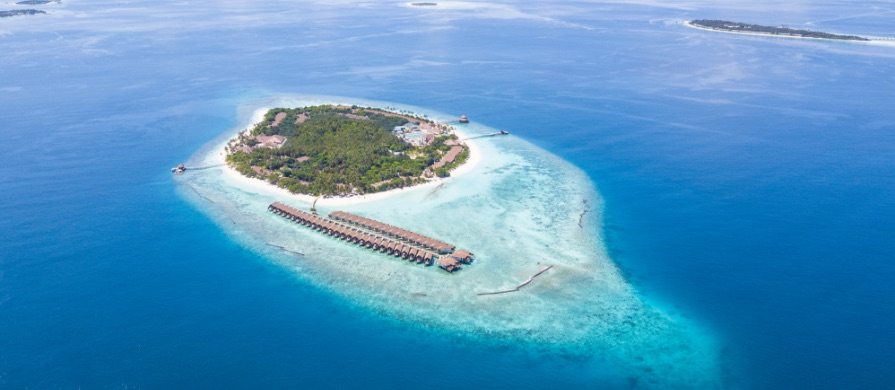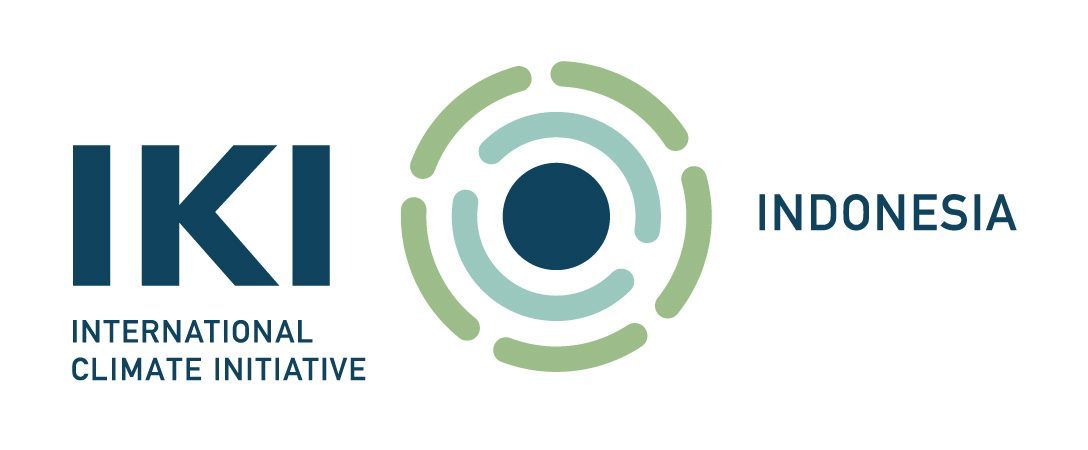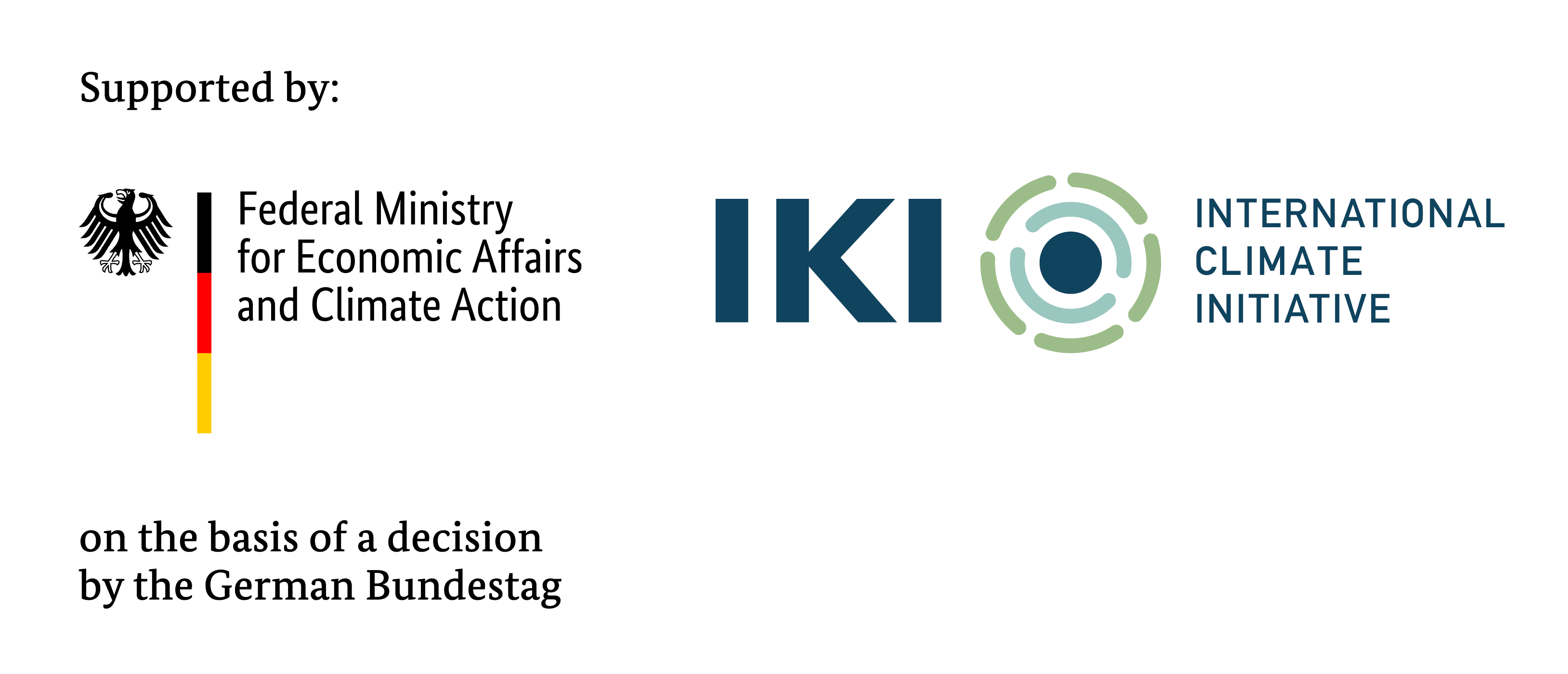The desired outcome of SETI is to establish an effective institutional, regulatory, and financial ecosystem that demonstrates the Indonesian embarkment towards a sustainable energy transition. The project will promote pilots, demonstration, and innovation in industry and local government level (e.g. cities) and its replicability to benefit all energy users.
- Country : Indonesia
- Project Sites : The project will implement pilots in several provinces of Indonesia. Selection of pilot sites will be done in 2024/2025.
- Support Area : Mitigation
- IKI Funding : 15.000.000 €
- Duration : 01.08.2023 - 31.07.2028
- Implementing Organisation : Deutsche Gesellschaft für Internationale Zusammenarbeit (GIZ) GmbH

Policy Priorities :
Policy assistance seeks to address the development of the regulatory body to increase sustainable energy use in industry and buildings. SETI examines the technical and regulatory gaps, particularly related with renewable energy (RE) and energy efficiency (EE) development. This will include intra-ministerial coordination and capacity development for government employees to strengthen their in-house capacities and increase performance.
Main Policy topics: National Energy Policy, Energy Management, PV Rooftop, Captive Power, Minimum Energy Performance Standard (MEPS) and labelling, Carbon Economic Value, Building standards, Green Industry.
Policy Targets :
Specific Target: Strengthen the institutional and regulatory framework to achieve the national target on renewable energy and energy efficiency.
Target of SETI is to submit 3 drafts of strategies, regulations, laws, or the like for a sustainable energy transition that have been developed in cooperation with partners by end of project.
Contribution: The collaborative effort between key stakeholders in Indonesia, particularly EBTKE, to develop regulations pertaining to renewable energy and energy efficiency. The focus on intra-ministerial coordination not only streamlines the regulatory process but also ensures alignment with national goals.
Relevant Links: https://www.international-climate-initiative.com/PROJECT1849-1


